An arid transit town in Northern Kenya, Isiolo has a predominant Muslim and pastoralist population of over 300,000. Recent urbanisation has further isolated the poor and pastoralist communities, whilst displacement from neighbouring Sudan and Somalia adds pressure on Isiolo’s diverse and multi-ethnic communities. Isiolo has a fast growing, young population (80% growth in 12 years; 43% under 15). More than half of people live in poverty and Covid has exacerbated inequalities.
Pepo La Tumaini Jangwani has been a keystone of the community in Isiolo for over 25 years. During this time PLTJ has developed our community-led approach, responding to changing needs and prioritising marginalised communities, including pastoralist and nomadic tribes. Using a holistic approach that involves and empowers people, we protect and provide: education, health, community and therapeutic support.
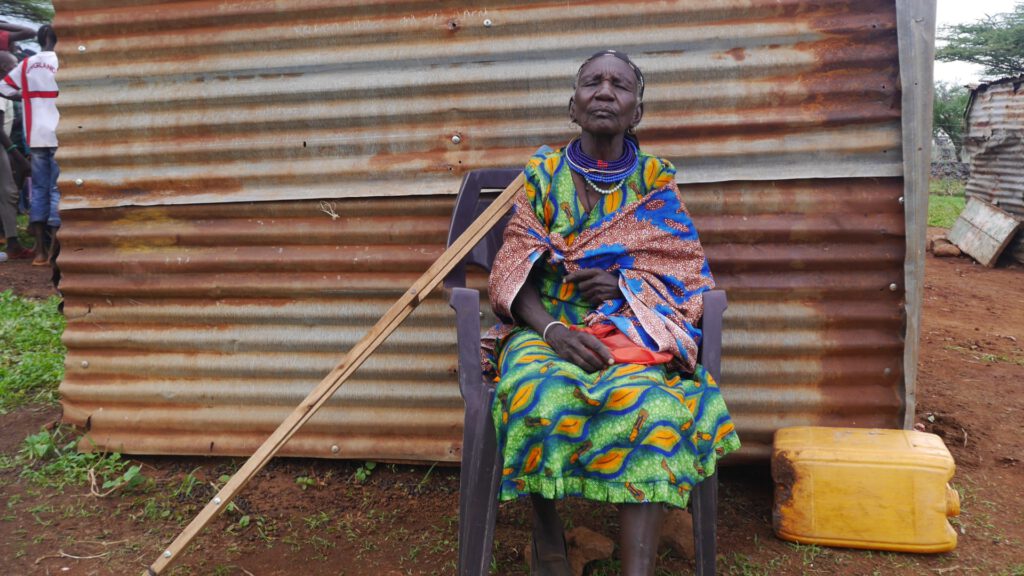
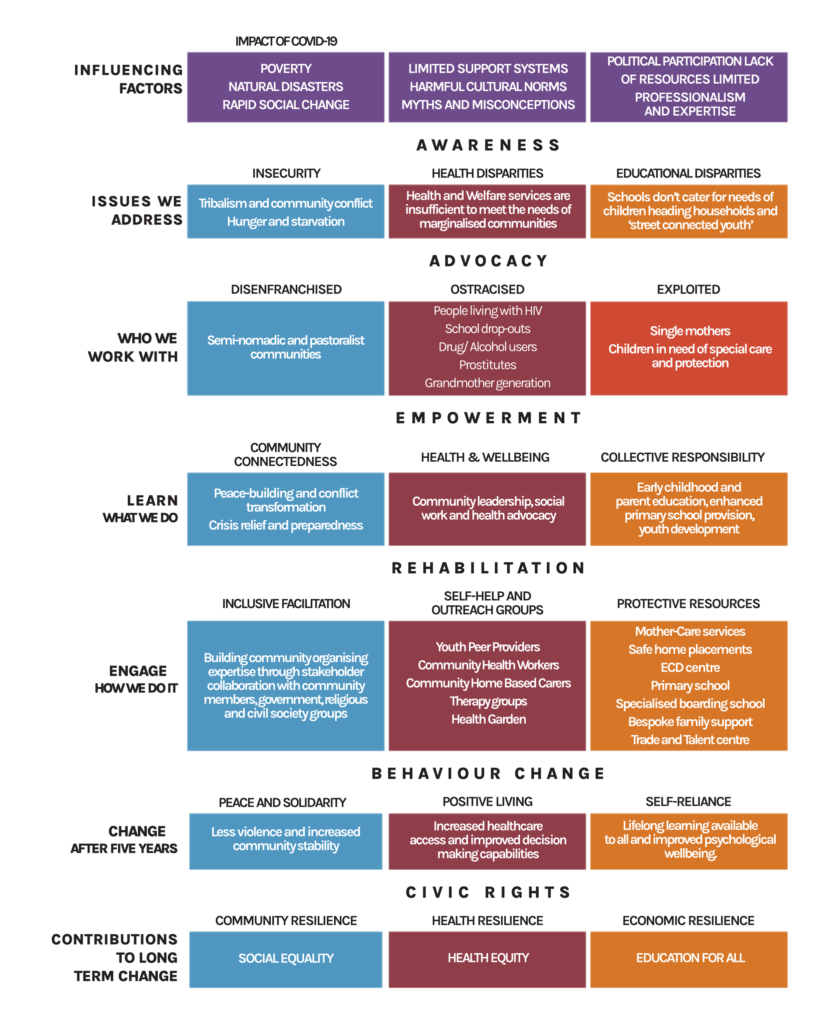
52% of the population in Isiolo live in extreme poverty. Covid has exacerbated inequalities, increasing rates of unemployment and dropouts in schools.
One in 10 children living in Kenya never complete primary school and over a quarter of young people have less than secondary education. The increasing number of children heading households and street-connected youth in Isiolo face stigma and discrimination. Many miss out on education and are unable to fit into normal school systems. They may have extreme disciplinary issues and/or have experienced abuse and trauma. With limited resources and expertise, local schools can’t offer the necessary tailored education and rehabilitation.
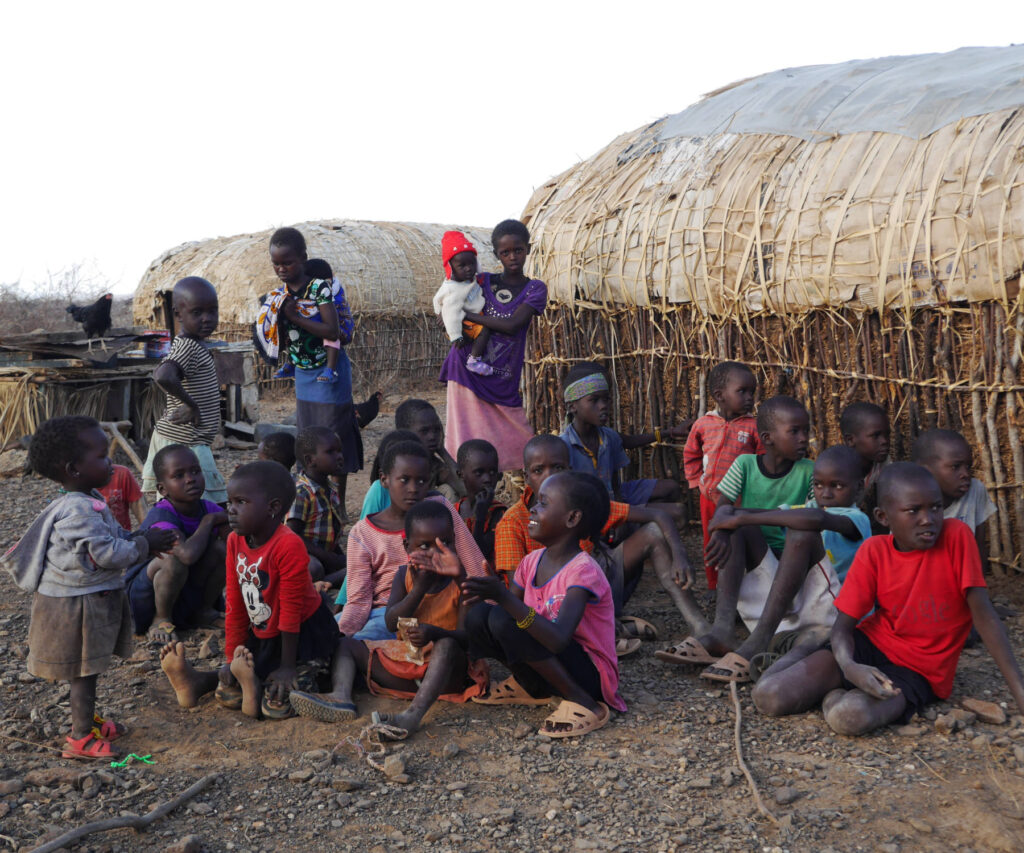
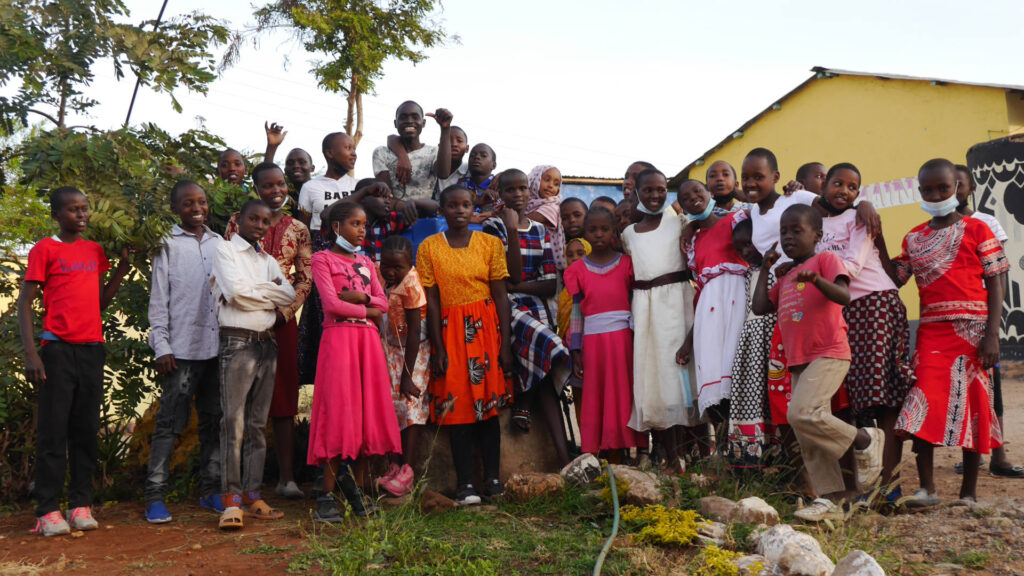
An estimated 1.6 million Kenyans live with HIV, with rates for women almost double due to sexual exploitation. HIV-related stigma is widespread. In Isiolo, young people are contracting STIs and HIV, whilst early pregnancies increase school drop-out rates among girls. Pastoralists and nomads have low literacy levels, no access to health information and limited support systems, reducing access to health services and making them more vulnerable to HIV/AIDS. Women and girls are at risk of violence, abuse, and harmful cultural norms, such as FGM, early marriage, and wife inheritance.
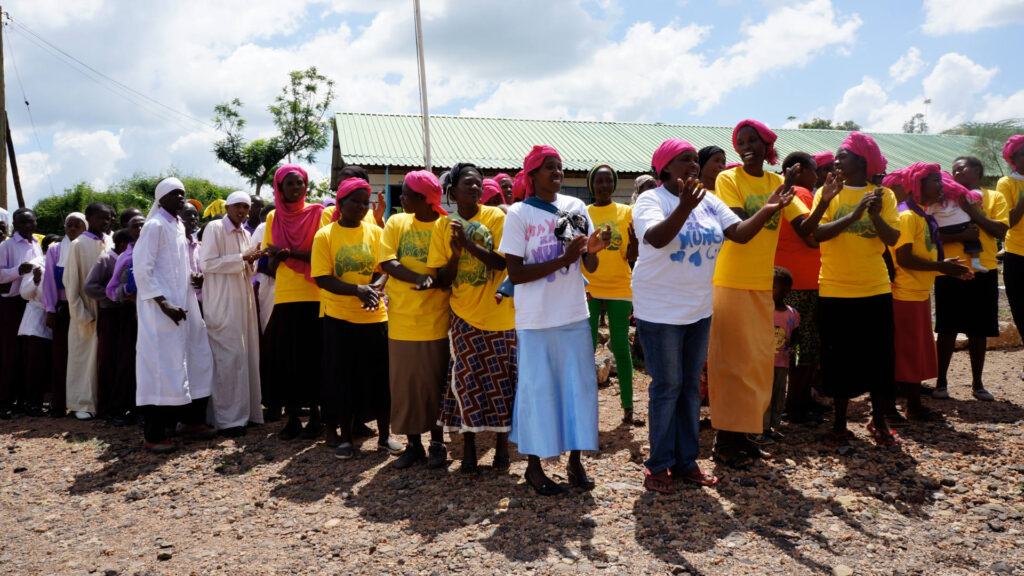
Isiolo has diverse cultural, ethnic and religious communities. With over 7 major ethnic groups, tribal clashes and violence are commonplace. In the face of rapid development, the multiple pastoralist and nomadic tribes are struggling as they are forced into re-settlement. Displaced people from neighbouring Somalia and Sudan increase demands on local resources and exacerbate tensions.